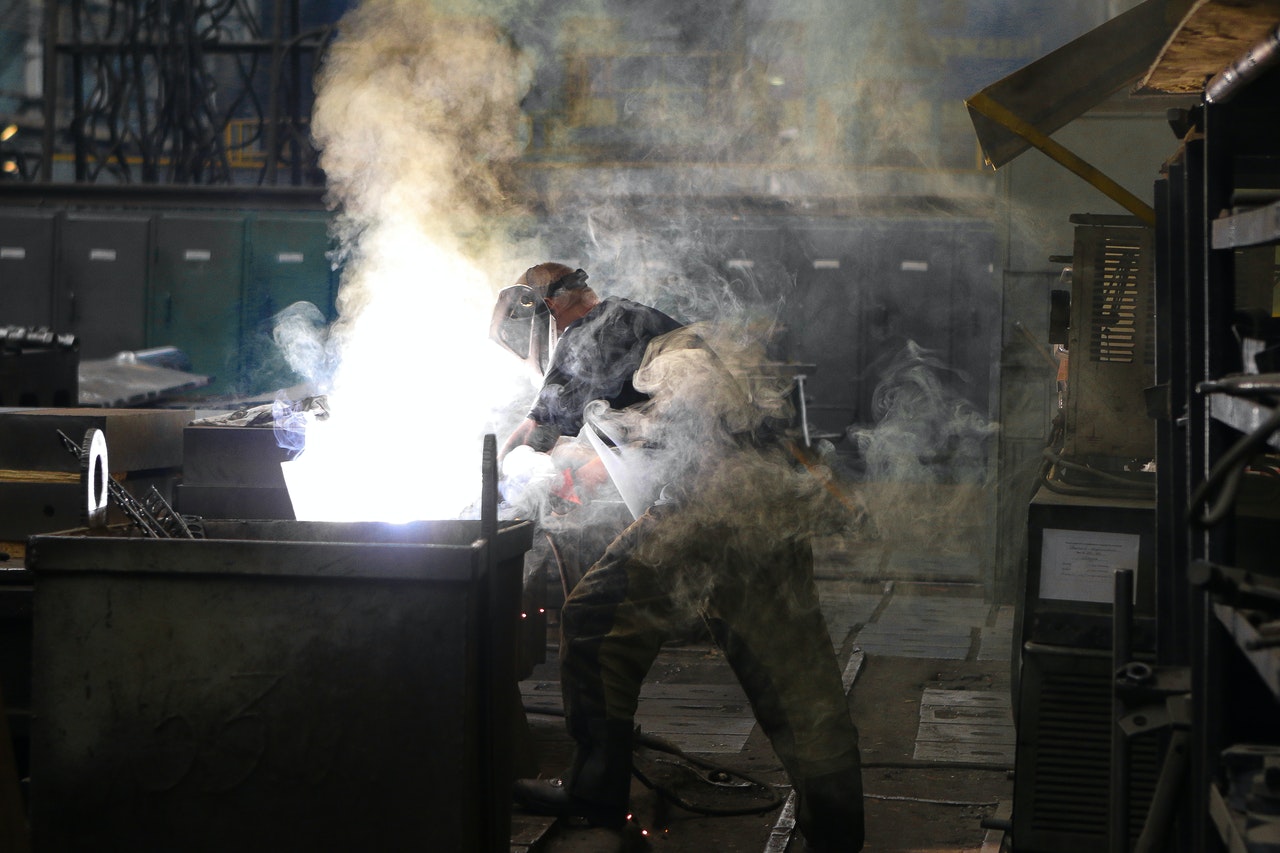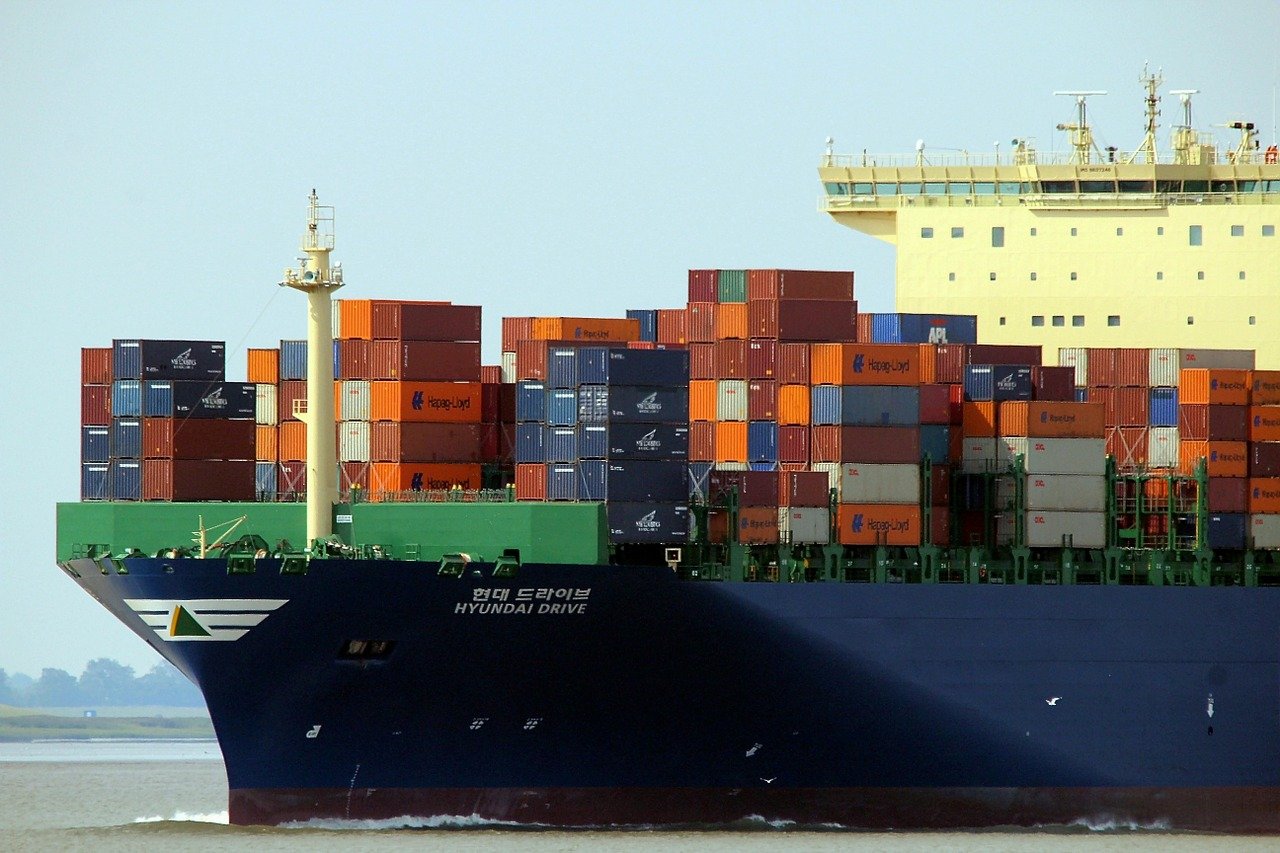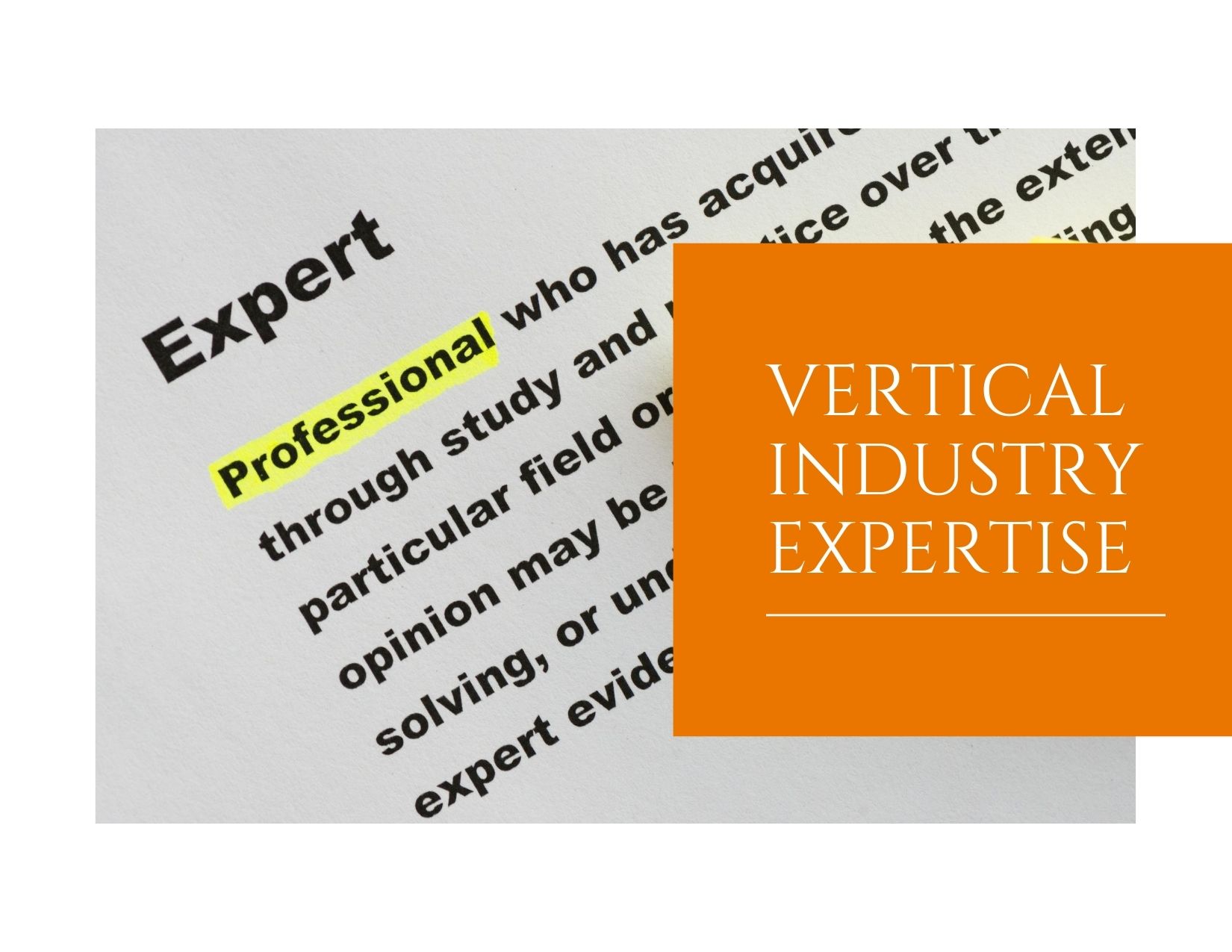An estimated $350 billion of invoices are typically involved in supply chain finance programs. Known as "reverse factoring," this process assists suppliers in obtaining the capital needed to keep supply chains humming, as described by Aite Group. Opposed to traditional receivables financing or factoring, reverse factoring is driven by the buyer and its relationship to a bank or finance provider, with capital being made available to suppliers based on the relationship parameters.
Banks are happy to step in, within specific jurisdictions and credit profiles. Research firm Coalition reports that banks logged approximately $12.7 billion in revenue in the first half of 2020 via total supply chain finance volumes. However, limitations are significant, and often times, the suppliers that need financing the most are excluded from such programs.
Read More
Topics: ERP, Fashion & Retail, Distribution, Supply Chain, Fashion & Apparel, Supply Chain Visibility, Supply Chain Network, Cloudsuite Fashion & Apparel, Infor CloudSuite PLM for Fashion, Infor CloudSuite Fashion PLM, Enterprise Software, Retail Supply Chain, Infor CloudSuite Fashion, Supply Chain Operations, Supply Chain Management, Infor CloudSuite M3, Infor CloudSuite ERP
Regardless of size or industry, asset-intensive organizations are always looking to do more with less. For a food and beverage manufacturer that means finding ways to extend asset life to minimize costs, improve food and worker safety and reduce waste while performing the right maintenance on the right equipment, at the right moment to avoid downtime.
Some businesses have been making do and getting by with asset management strategies that sell them short, driving up the cost of maintenance labor and materials and increasing the risk that critical assets will be down when they’re most urgently needed. The scene has been shifting over the past several years, with Enterprise Asset Management (EAM) offering greater visibility and sophistication for maintenance operations.
But business rarely sits still for very long. And with the rapid rise of Industry 4.0, it’s essential for asset management to keep up. Maintenance 4.0 is the set of tools and strategies that is helping food and beverage companies optimize operations by deploying the mountains of data now available to keep equipment and production lines in peak operating condition. Infor’s Best Practice Guide, “Why your EAM strategy must evolve to increase food safety,” explains how it works and lays out the five essential components of an Asset Performance Management (APM) platform.
Read More
Topics: ERP, Distribution, Supply Chain, Warehouse Management Systems, Supply Chain Network, Cloud BI, Enterprise Asset Management, Enterprise Software, WMS
Automotive manufacturers and their suppliers continue to increase their collaboration in various ways, whether this be through robotic process automation (RPA), data collection and exchange, or other methods that provide insights for scalability. With true, multi-enterprise collaboration, there are cross-training opportunities to convey customer needs and preferences for product innovation, giving manufacturers the ability to make rapid adjustments in real time. Collaborative behavior makes this happen, and it all starts with transparency.
However, building real trust, collaboration, and transparency goes beyond using a specific technology or workflow. At its core, this is about changing the culture of automotive OEMs and throughout their suppliers at every tier. Automotive companies who are true leaders in the industry consider the health of the entire supply network, not just their immediate interests. Making this change—as with almost all substantive transformations—requires change be from the top executive level down.
Read More
Topics: ERP, Manufacturing, Distribution, Supply Chain, Supply Chain Visibility, Supply Chain Network, Industrial Manufacturing, Cloud BI, Enterprise Asset Management, Enterprise Software, Supply Chain Operations, Supply Chain Management, Infor CloudSuite M3, Infor CloudSuite ERP
Disruptions to the supply chain
If any event reveals the need for resilient supply chains, it’s COVID-19. The disruptions shook every industry, including automobile. Early 2020 forecasts projected a significant drop in new vehicle sales, but ultimately turned out much better with only a 15% reduction from the total 2019 sales.
It’s no surprise the pandemic has prompted several automotive companies to embrace new supply chain strategies that allowed them to recover quickly while also setting them up for future growth. Many automotive companies stood up crisis teams and control towers to improve visibility and maintain profitability, which in turn developed into an advanced strategy around predictive risk management and multi tier supplier collaboration.
Even with the automotive industry embracing new supply chain practices, another disruption has risen in the semiconductor chip shortage. With modern vehicles often containing thousands of semiconductors, this crisis underscores another dimension of supply chain risk exposure and highlights the critical need to collaborate with multi tier partners for globally limited supplies.
Read More
Topics: ERP, Distribution, Supply Chain, Supply Chain Visibility, Supply Chain Network, Cloud BI, Enterprise Asset Management, Enterprise Software, Supply Chain Operations, Supply Chain Management, Infor CloudSuite M3, Infor CloudSuite ERP
To keep up with lofty yet mandatory customer expectations, your supply chain can’t afford to stop investing in technology that improves processes, connects business partners and IoT data, and uses machine learning algorithms to improve business outcomes. If the people tasked with running your supply chain are relying on poorly built or outdated systems filled with data quality issues, then they need new technology solutions and strategies to overcome these shortcomings to create true value.
As you strive to balance cost while simultaneously improve your customer service, you are no doubt confronting issues that require better collaboration amongst your group as well as the numerous companies you interact with daily. The days of each department or company working on an island while hoping groups further downstream can correct any mistakes are long gone.
Nowadays, those of us in the supply chain space realize the need for ongoing collaboration with everyone who touches our supply chain. This can take the form of sharing data around forecasts, inventory positions, capacity plans, order status (both at rest and in-transit), as well as visibility into shipments.
Read More
Topics: ERP, Manufacturing, Distribution, Rentals & Equipment, Supply Chain, Fashion & Apparel, Infor M3 ERP, Enterprise Software, Retail Supply Chain, WMS, Supply Chain Management
Employees at hotel and other hospitality locations are the heart of their organisations, representing company values and mission to deliver the best possible guest experience consistently. But hospitality industry trends coming out of a very disruptive period show a worrying shortage of labour, with workers having time and financial support during lockdown to consider other options when it comes to their careers and their futures.
Making sure that hospitality work is rewarding, and that environments are supportive is more important than ever before to the future of the industry. How does advanced hotel technology help to address this vital concern? How must systems and processes in hotels and resorts best support hospitality workers day to day, help to identify how to reward their hard work, and retain their talent? Here are some examples to consider.
Read More
Topics: ERP, Fashion & Retail, Food & Beverage, Infor M3, Fashion & Apparel, Enterprise Resource Planning, CloudSuite Food & Beverage, Cloudsuite Fashion & Apparel, Infor M3 ERP
If you follow industry news, attend prospect events, or read our partner Infor's website, you know that vertical industry expertise is a favorite topic for Infor executives, leaders, and strategists. Industry-specific functionality is part of our critical foundation and a strong differentiating feature for our software solutions, we say frequently. But, have you thought about why? Do you know where our industry expertise comes from and how we leverage it into valuable selling points? Let’s look closer at what “industry expertise” means, why we are highly focused on it as a strategy, and how it will propel Infor forward.
The backstory
To understand where we are going, it helps to know how we got here. History provides context. In the evolution of ERP solutions, there’s a long and winding road that providers and users travelled before today’s Software as a Service (SAAS) model became the accepted best practice. In early days of ERP solutions, massive monolithic solutions with complex architecture and rigid code structure were the norm. Large enterprises invested heavily and hired consultants to customize the operational features. The heavily modified systems were costly to update.
Then came cloud computing. But, for companies to take advantage of the benefits of multi-tenant cloud deployment, they needed to have their industry-specific functionality already built into the solution—so modifications wouldn’t be needed. Modifications slow down deployment and can get in the way of upgrades.
Infor had been heavily investing into industry-specific features of the core ERP solutions. The solutions contain the functionality needed for industry specific applications—making it easier to migrate to the cloud.
Read More
Topics: ERP, Fashion & Retail, Food & Beverage, Infor M3, Fashion & Apparel, Enterprise Resource Planning, CloudSuite Food & Beverage, Cloudsuite Fashion & Apparel, Infor M3 ERP
Chances are your brand already relies on an ERP solution to house foundational functions and master data. But can it withstand the rapid developmental, transactional, and digitized industry of the future? To meet the rigorous demands of supply, demand, financials, inventory management, and the needs of a collaborative network, the ERP solution employed by your company needs to have the flexibility to meet changing business models, encapsulate industry best practice processes, and integrate in real time with other key applications. Just as your people need to be connected in a collaborative network, so do your technology solutions.
Read More
Topics: ERP, Fashion & Retail, Supply Chain, Fashion & Apparel, Product Lifecycle Management, Infor M3 ERP, Enterprise Software, Supply Chain Management
As the remote work revolution sweeps the globe, contrarians are quick to point out that certain industries and positions may not be realistic candidates for working from home. Jobs in hospitality are frequently pointed to as examples of roles that require a physical presence – after all, that bed will not make itself. But forward-thinking organizations are using this crisis as the impetus to think creatively about what is and is not needed on-site.
Read More
Topics: ERP, Fashion & Retail, Supply Chain, Fashion PLM, Cloudsuite Fashion & Apparel, Infor M3 ERP, Enterprise Software, WMS, Supply Chain Management
Who is best suited to be in a remote work setting?
The grand remote work experiment we have all participated in over the last few months has resulted in a renewed interest in the concept becoming a regular component of the corporate landscape. And while enthusiasm for the approach has grown considerably, abandoning the physical office may not be attractive to everyone. In fact, some people have been quite vocal in their call for a return to the workplace, as they complain about their increased workload, lack of social interaction, constant parade of exhausting Zoom calls and inability to quickly (and clearly) communicate with colleagues. So how can we tell the difference between an admirer and an adversary of this new model of work?
Read More
Topics: ERP, Fashion & Retail, Supply Chain, Fashion PLM, Cloudsuite Fashion & Apparel, Infor M3 ERP, Enterprise Software, WMS, Supply Chain Management











